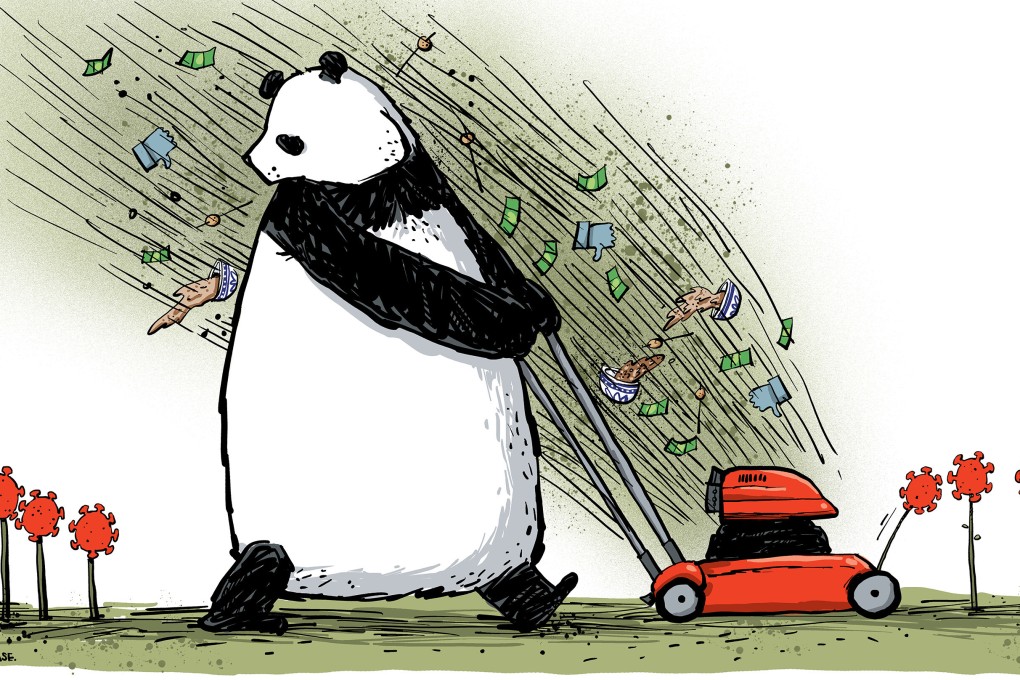Advertisement
Opinion | Shanghai’s Covid-19 lockdown is testing public faith in the central government
- Food shortages, loss of livelihood and a sense of abandonment in the city is causing many residents to become disillusioned with the central government and its zero-Covid policy
- Restoring faith in the country’s leadership is crucial for maintaining an image of stability and strength
Reading Time:4 minutes
Why you can trust SCMP
16

It has been three weeks since the Omicron outbreak began in Shanghai. With about 280,000 confirmed cases accumulatively, the Chinese government has yet to lift prevention measures.
Mindful both of domestic discontent and global supply chain disruptions caused by the lockdowns, on April 9 the Shanghai government announced one more round of nucleic acid testing to pave the way for a shift to graduated measures. But with the number of cases remaining too high for comfort, any easing has in effect been put off.
China’s zero-tolerance approach to the virus runs contrary to global trends. People’s livelihoods, and their spirits, have been put to the test; both will affect public trust in the government. Three factors in particular are driving mistrust.
First is the unmet appeals for more food. The extended lockdown has caused severe food shortages. The imbalance between demand from citizens and supply from management authorities has raised doubts over the government’s capacity to govern.
Advertisement
Netizens have taken to Weibo to air their grievances and appeal to the government for help using the hashtags “Shanghai buy food”, “disappointment with the government”, and “scrambling for vegetables”, which all became popular on the social media platform. The Shanghai government said on April 7 that it was trying to improve the distribution of food and essential goods in response to the growing discontent. However, Weibo blocked the hashtags on April 8.
A distress article titled “Seeking Help” was posted on WeChat on April 8, describing the plight of not being able to buy food. However, the article, too, has been blocked after hundreds of reposts.
Advertisement
Secondly, there are fears about the global impact of China’s zero-Covid policy. As the rest of the world returns to normal, China’s decision to keep regulations in place puts economic development at risk. Shanghai contributed 3.8 per cent of the nation’s GDP last year. The lockdown will cause significant disruptions to the global supply chain, which will affect almost every trade.
Joerg Wuttke, president of the European Union Chamber of Commerce in China (EUCCC), expressed concerns that China’s halt on activity with the use of “increasingly stringent measures” just as G20 countries are exiting pandemic-related lockdowns formed a striking contradiction.
Advertisement
Select Voice
Select Speed
1.00x

